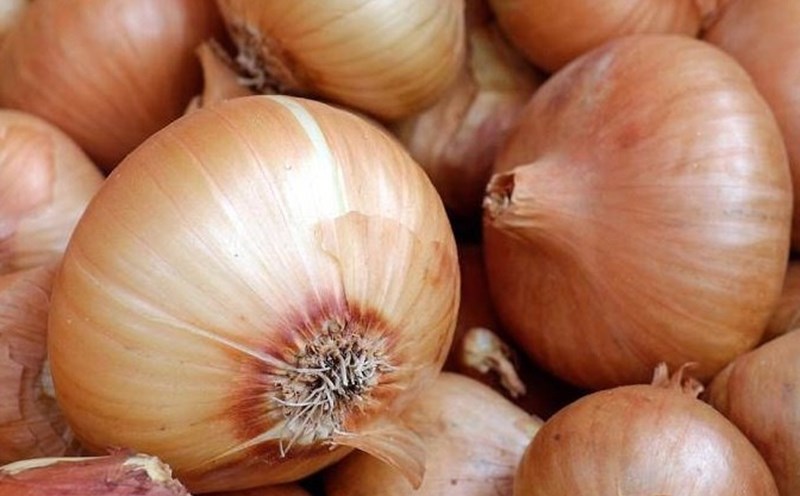This is because the high salt (sodium) content in this food can seriously damage kidney function.
According to the World Health Organization, each adult should only consume less than 5g of salt/day to reduce the risk of high blood pressure, cardiovascular disease and kidney damage.
Meanwhile, 100g of pickled melon can contain up to 1.5-2g of salt, equivalent to 30-40% of the maximum amount of salt per day. Eating pickled melons regularly will cause the amount of sodium in the body to accumulate, increasing the pressure of blood filtration to the renal plateau - which has been weakened in people with kidney failure.
People with kidney failure need to strictly limit their sodium intake to control blood pressure and prevent edema and heart failure. Sodium increases the ability to retain water, leading to increased blood circulation volume, putting a burden on the kidneys and heart.
Many types of pickled melons also contain preservatives or nitrates, if used for a long time, it can increase the risk of kidney cell damage.
Low-sodium diet helps slow down the process of impaired kidney function
Research shows that a low-sodium diet helps slow down the process of kidney failure by up to 30% in people with chronic kidney failure. This shows the importance of controlling foods high in salt such as pickled cucumbers.
People with kidney failure should minimize or eliminate pickled melons from their daily menu to protect remaining kidney function, stabilize blood pressure and avoid dangerous complications.
Instead, you should prioritize a light diet rich in fresh vegetables and high-quality protein according to the doctor's instructions.











